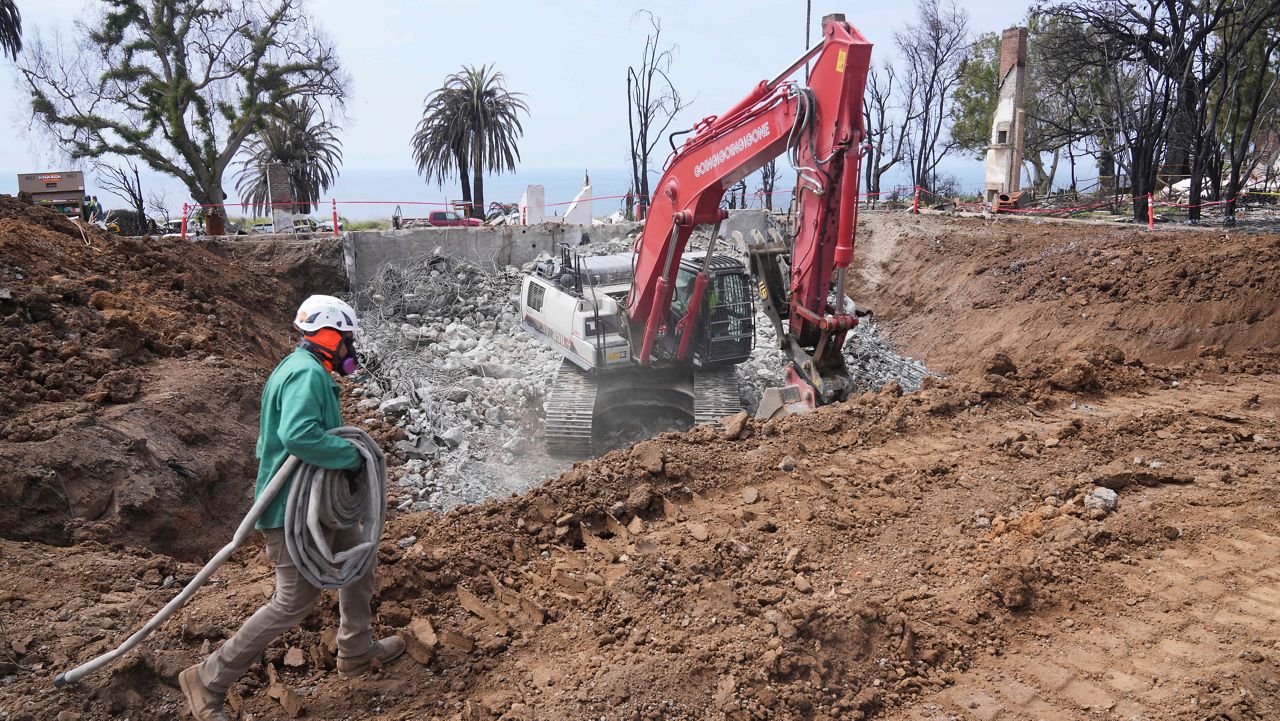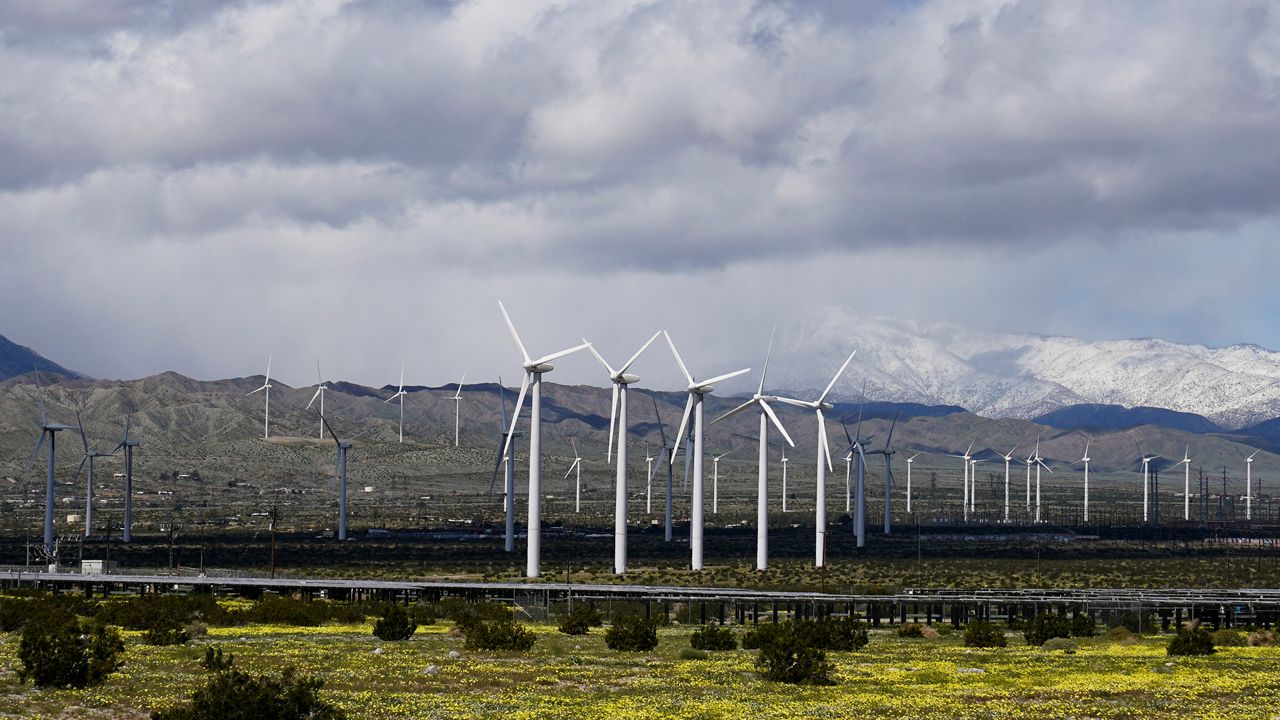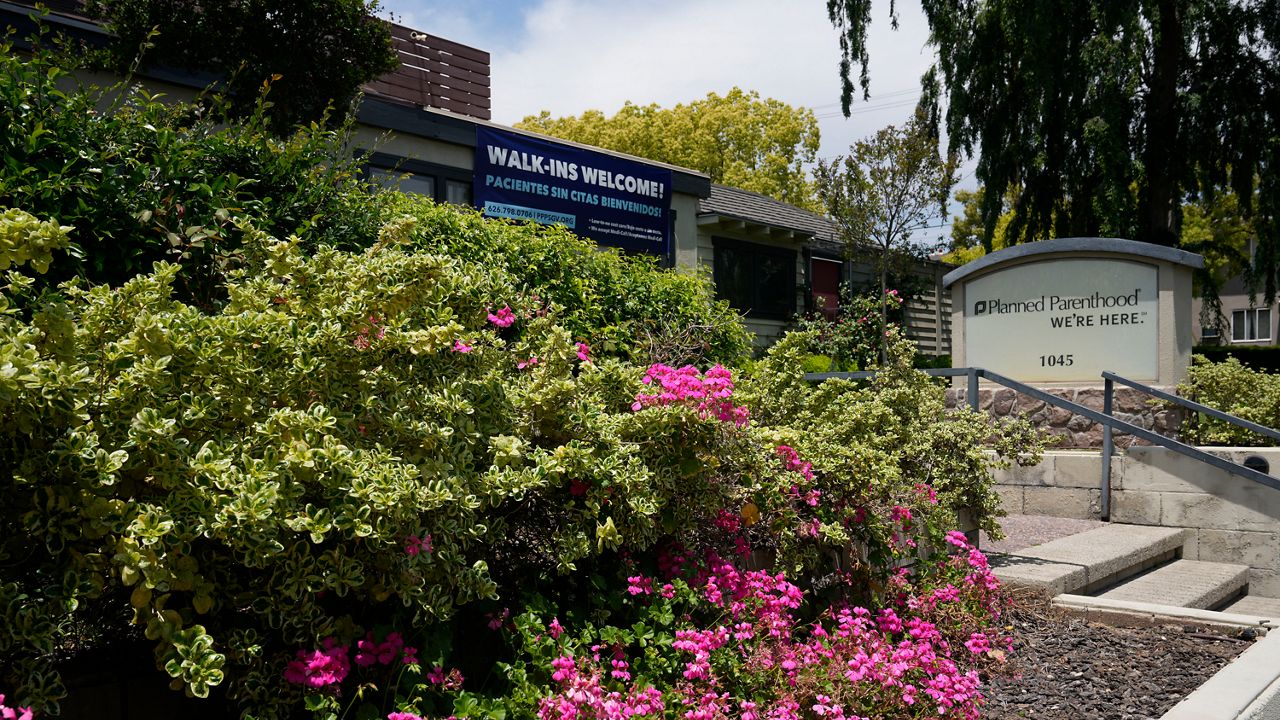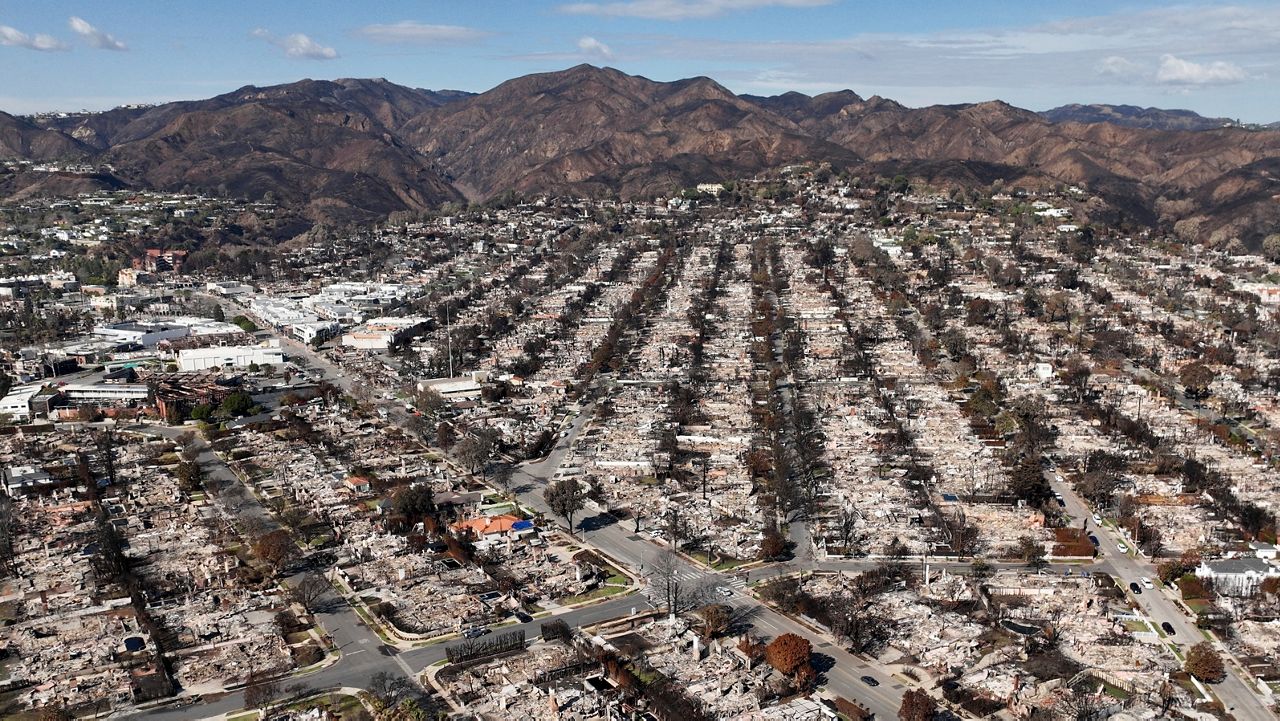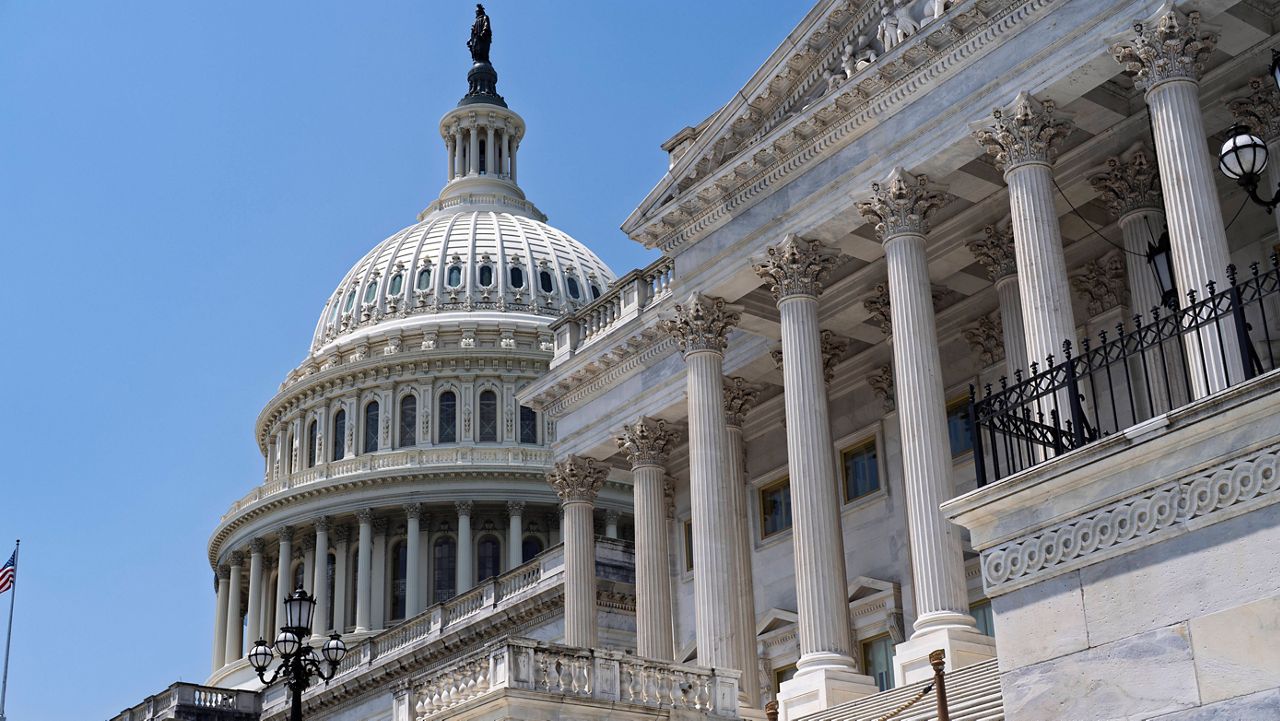After a grueling 29 hours of procedural votes, arm twisting and passionate speeches, House Republicans passed President Donald Trump’s massive tax and spending bill Thursday by the slimmest of margins. All but two Republicans, Reps. Brian Fitzpatrick, R-Pa. and Thomas Massie, R-Ky., voted for the legislation.
For days, House Democrats, particularly from California, leaned heavily on their Republican colleagues to try and sway their votes. Reps. David Valadao, Young Kim, and Ken Calvert were all named by the Golden State Democrats as part of a public pressure campaign.
Even Minority Leader Rep. Hakeem Jeffries, D-N.Y. piled on.
“Laura lives in California’s 22nd congressional district, a district that is represented by my colleague, Congressman David Valadao. Just happens to be the district that has the highest concentration of Medicaid recipients in this country,” said Jeffries during his “magic minute speech” lasting nearly nine hours. “Laura, I don’t know what your Congress member is going to do. Every single House Democrat is fighting hard to protect your Medicaid.”
The pressure, however, was not enough to get Valadao to vote against the measure.
“It was not an easy decision for me, but I voted yes on the budget reconciliation bill,” said Valadao in a lengthy statement released by his office shortly after the vote. Valadao supported the House version of the bill the first time it came through the chamber in May, but had concerns about the Medicaid provider tax and state directed payments provisions that were added into the Senate bill.
The five-term congressman visited the White House Wednesday to express his concerns about the bill and the need for support for rural hospitals via the new Rural Health Transformation Program. He said in a statement that he’s “been assured by the administration that it will be structured in a way that benefits our providers and keeps our hospitals and communities running.”
“To be clear,” he added, “I still have concerns with the implementation of the provider tax and state directed payment provisions of H.R. 1, but I’ve worked and will continue to engage with the Centers for Medicare and Medicaid Services (CMS) to identify specific risks to Valley hospitals and mitigate them.”
“No piece of legislation is perfect, but this bill ultimately reflects the priorities of CA-22—lower taxes, stronger farms, better infrastructure, and a commitment to protecting access to healthcare for Valley residents,” he said. “I came to Congress to be a voice for our community, and I’ll keep fighting every day to make sure every provision is implemented responsibly to serve the needs of our district. While there’s still more work to do, this bill is a meaningful step forward.”
Save My Care, a grassroots organization, has already launched ads against Valadao, Kim, Calvert and other swing district Republicans following Thursday’s vote.
Gov. Gavin Newsom’s office estimates that up 3.4 million Californians could lose health insurance as a result of the bill’s cuts to Medicaid, with an additional 600,000 estimated to be impacted under the state’s Medi-Cal program. The state also estimates 375,000 are also at risk of losing their Cal-Fresh benefits.
“This is devastating, and I know that word is often well, it’s overused in this line of work, but this is, in many ways, an understatement of how reckless and cruel and damaging this is to millions and millions of people all across this country – but more than any other state – here in California,” said Newsom last week during a press availability announcing the projections.
Democrats had this warning for Valadao and other swing district Republicans.
“Don’t be ashamed of your vote, because we are going to be reminding you of how you voted from now until 2026,” said Rep. Sydney Kamlager-Dove, D-Calif.
President Trump is set to sign the bill on Friday, just in time for his self-imposed deadline of July 4th.





